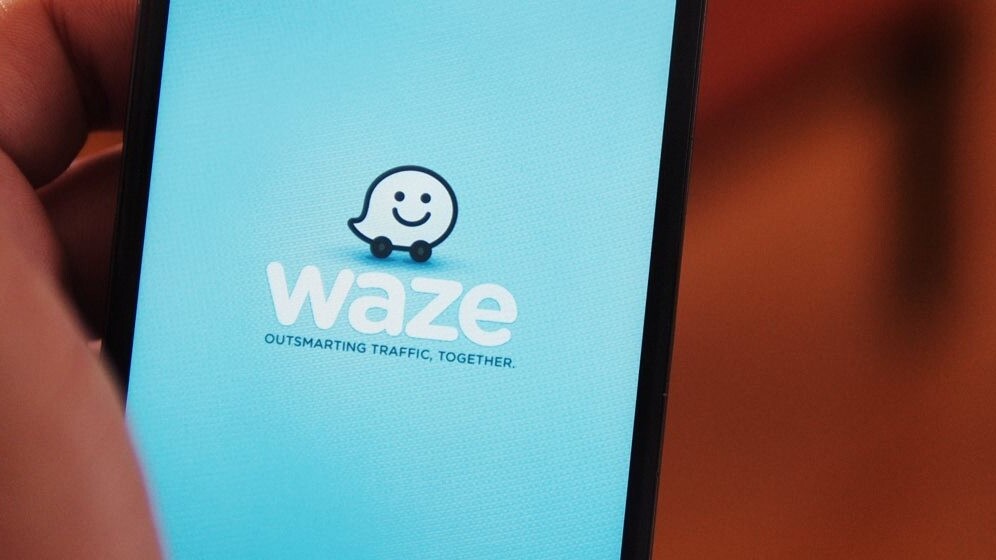
Waze and the European Emergency Number Association (EENA) just announced the launching of a new pilot project to improve emergency services in Europe.
We at TNW are all for using tech to improve our daily lives, and what’s better than… well, not dying? That’s why we reached out to Adam Fried in Global Partnerships at Waze to find out more about the project.
Outsmarting traffic, outsmarting death
EENA & Waze announce partnership & Europe-wide public safety pilot project! #EENA2017 https://t.co/ubyMGwAZ2G pic.twitter.com/cnG0HMZhRR
— EENA112 (@112_sos) April 5, 2017
Waze is the world’s largest community-based traffic and navigation app. Through Waze, drivers can upload real-time traffic and road info to help other users try to save time, fuel and frustration.
Since Waze helps the average user outsmart traffic, it was only natural to extend the apps capabilities to emergency services, according to Fried.
Through our Connected Citizens Program, we’ve already seen that using Waze crash reports can reduce first responder time to the scene of a crash by four and half minutes on average. This type of time interval has the potential to save lives and we want to bring that ability to emergency responders across Europe.
The Connected Citizens Program (CCP) was Waze’s first major project with municipalities and first responders in the US. The idea behind Waze was already beautiful enough, having a community of people helping each other to outsmart one of daily life’s greatest foe, traffic. But with CCP, Waze took the first step towards fighting death (technically).
Fried explains that the aim of the partnership is to enable emergency responders across Europe to detect and respond to Waze crash reports in real-time. The amazing thing about Waze reports is that they provide continuously updated, anonymous, proprietary incident and slow-down information directly from the source: drivers themselves.
This should give emergency responders in Europe valuable new source of information that will hopefully save lives.
The project will start with four pilot sites across Europe and expand from there. Through an anonymous, real-time feed of incident data provided by Waze through CCP, we’ve seen that Waze crash reports are reported up to seven and half to ten minutes before a 911 call in the US. This allow first responders to detect and respond to potentially fatal crashes much more quickly.
The four test cities will be selected at the end of April and the project will officially launch in the first week of June.
Europe is working hard on updating emergency services
EENA is pushing Europe’s emergency services towards modernity and embraces every possible tech solution. Alexis Gizikis, Project Manager at EENA, said in a conversation with TNW that they were excited to see how Waze’s data could be employed to save lives.
What we aim is to understand how this anonymous crowdsourced data can be used by first responders in Europe, but also around the world. This data can be a powerful tool at their disposal to improve their work and to provide help to people faster.
And EENA is all about making helping people by using all tech solutions available. But, the Waze project isn’t Europe’s first experiment with improving and modernising emergency response. As we’ve previously covered, EENA made great progress with Google and the new feature might actually become a part of EU legislation.
EENA also partnered up with DJI, the drone company, to test the possibilities of drone-usage for emergency services. The project gave promising results. It’s clear that Europe is the place to try out emergency service tech.
Get the TNW newsletter
Get the most important tech news in your inbox each week.




